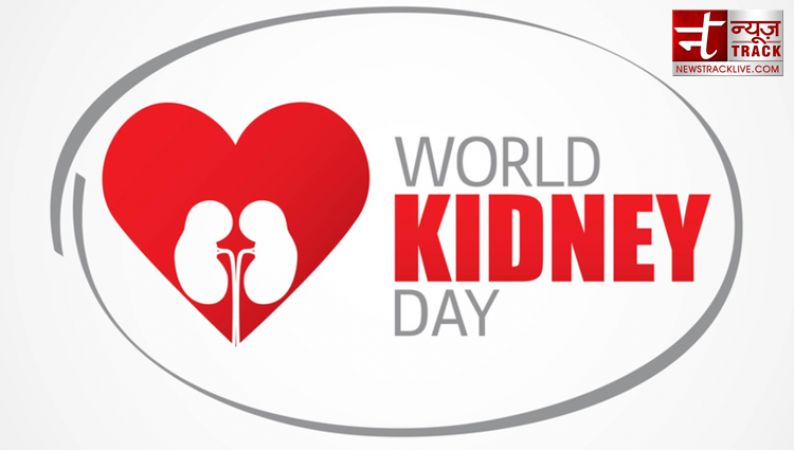
New Delhi: Cases of chronic kidney disease are on the rise in India. Health experts said the prevalence of CKD has almost doubled over the past decade and is expected to increase further because of the surge in risk factors such as diabetes, overweight or obesity, high blood pressure, unhealthy food habits, etc. The problem is that kidney disease can get worse over time and may cause kidney failure. World Kidney Day, marked every year on the second Thursday of March, raises awareness of chronic kidney disease and the importance of maintaining healthy kidneys.
Here to be noted that kidney failure, also called end-stage renal disease (ESRD), is the last stage of CKD and can be caused by various health problems that can lead to kidney damage such as diabetes, hypertension - the two most common causes of kidney failure. Kidney failure is when your kidneys have stopped working well enough for you to survive without dialysis or a kidney transplant. Read - World Kidney Day: Expert shares key challenges Indian Nephrologists face; tips to take care of your kidneys
also read Follow this tip to keep kidneys healthy
Sometimes, kidneys can stop working very suddenly or become unable to filter waste products from your blood - in less than two days. This type of kidney failure is known as acute kidney failure or acute renal failure. With intensive treatment, acute kidney failure may be reversible if you do not have other serious health issues. However, if the kidneys fail completely, dialysis or a kidney transplant may be the only treatment options available.
What are the signs and symptoms of kidney failure?
Signs and symptoms of kidney failure may begin slowly, making it difficult for patients to notice them right away. They may include the following:
Fatigue
Muscle cramps
Weakness or numbness
Fluid retention, causing swelling in the legs, ankles or feet
Make little or no urine
Nausea
Headache
Confusion
Trouble sleeping or focusing
Shortness of breath
As your kidney function goes down you may also not feel hungry, or lose weight. You should talk to a doctor immediately if you notice any of these signs.
How is kidney failure treated? Can it be cured?
Usually, kidney failure is diagnosed with blood tests measuring BUN, creatinine, and glomerular filtration rate (GFR). There is no cure for end-stage renal disease, but following your treatment plan, which may include regular dialysis or a kidney transplant, a healthy eating plan, physical activity, and medication, can help you address most of these symptoms and improve the quality of life.
also read NITI Aayog reports says, only 9 per cent Indian kids get proper nutrition